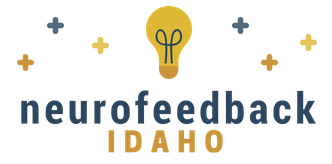Neurofeedback To Improve Athletic Performance
During the last decade the use of Neurofeedback techniques to achieve a better athletic performance has been a booming subject. More and more athletes use mental training each day as a means of achieving the ultimate competitive edge.
One of the most well-known examples is the Italian football team that won the 2004 World Cup final in Germany against France. To prepare for the tournament some of the Italian footballers used neurofeedback techniques to train focus, concentration and ‘getting into the zone’.
The Wall Street Journal also reported how neurofeedback helped beach-volleyball stars Kerri Walsh-Jennings and Misty May-Treanor to win the London 2012 Olympic gold medal. These are some of the many examples of the current success of brain training to enhance sports performance.
Neurofeedback (EEG biofeedback) holds potential for retraining brainwave activity to enhance optimal performance in athletes in various sports. Neurofeedback has been shown to have potential for quieting the mind to improve performance in archery, for example. It can also be used to improve concentration and focus, to improve cognitive function and emotional control following concussions and mild head injuries, and it has untapped potential to increase physical balance in gymnastics, ice skating, skiing, and other areas of performance. Clinical examples are provided on the use of neurofeedback to improve physical balance and controlled research is called for.

